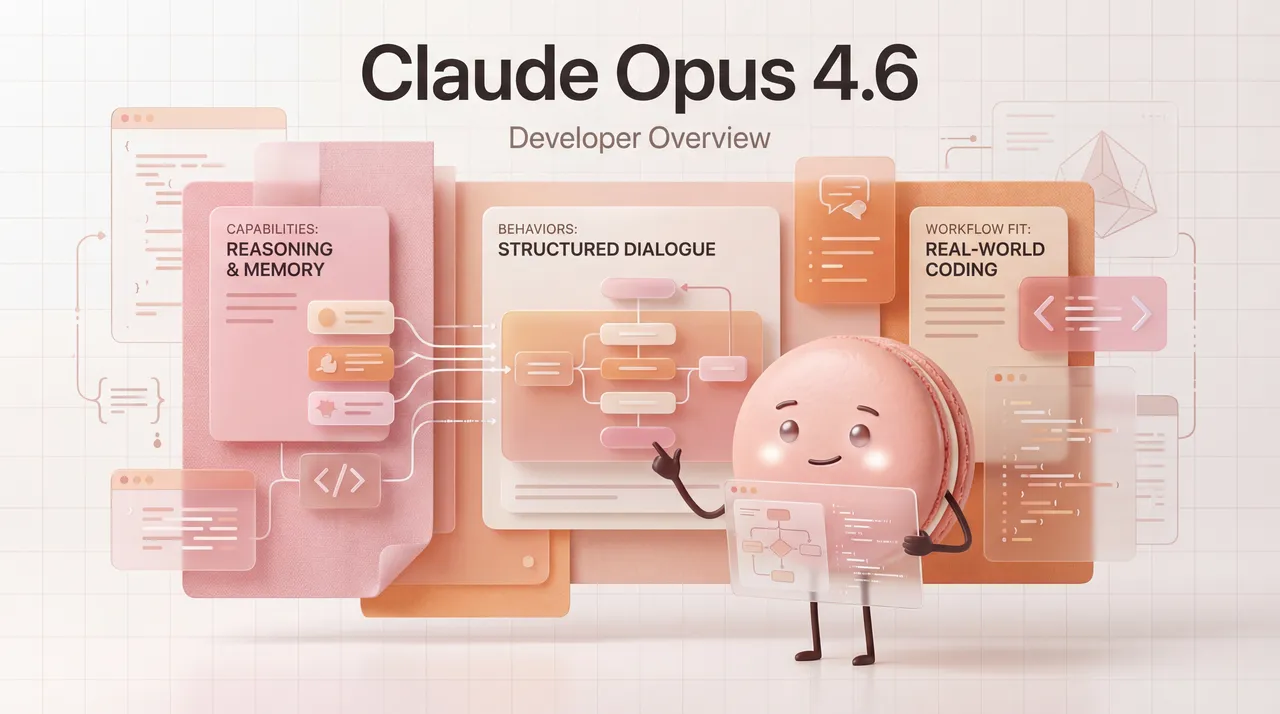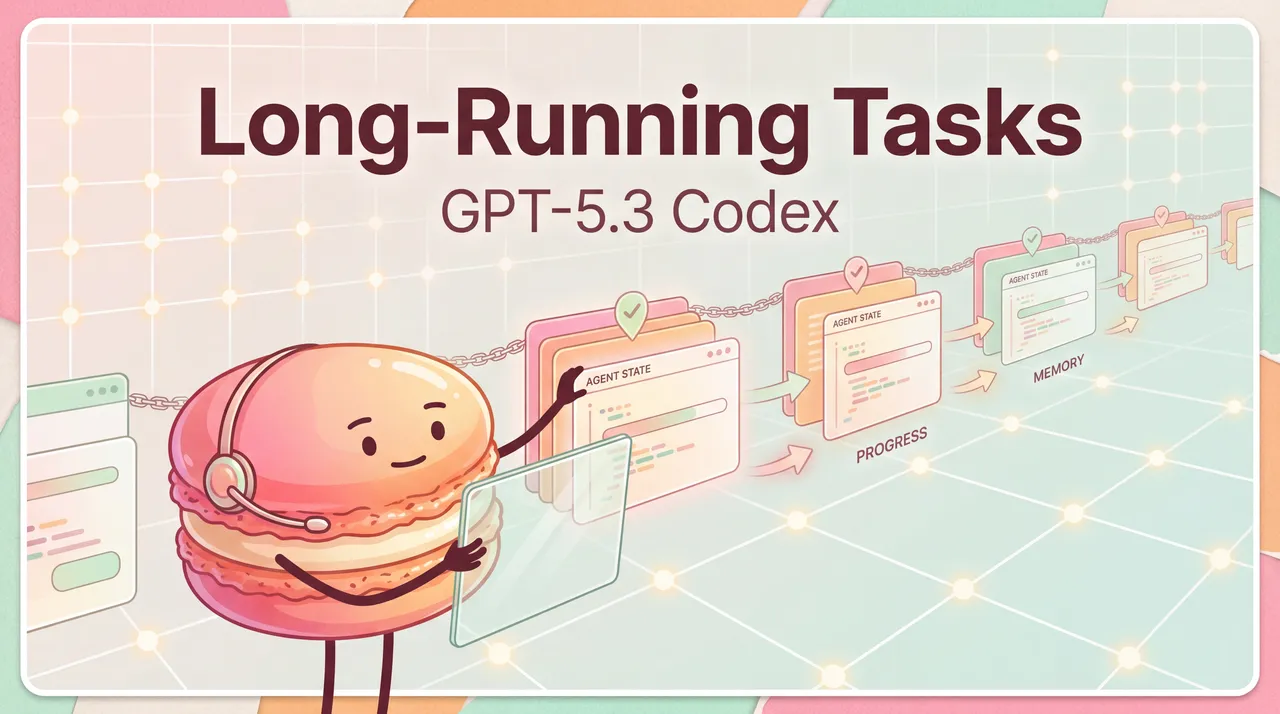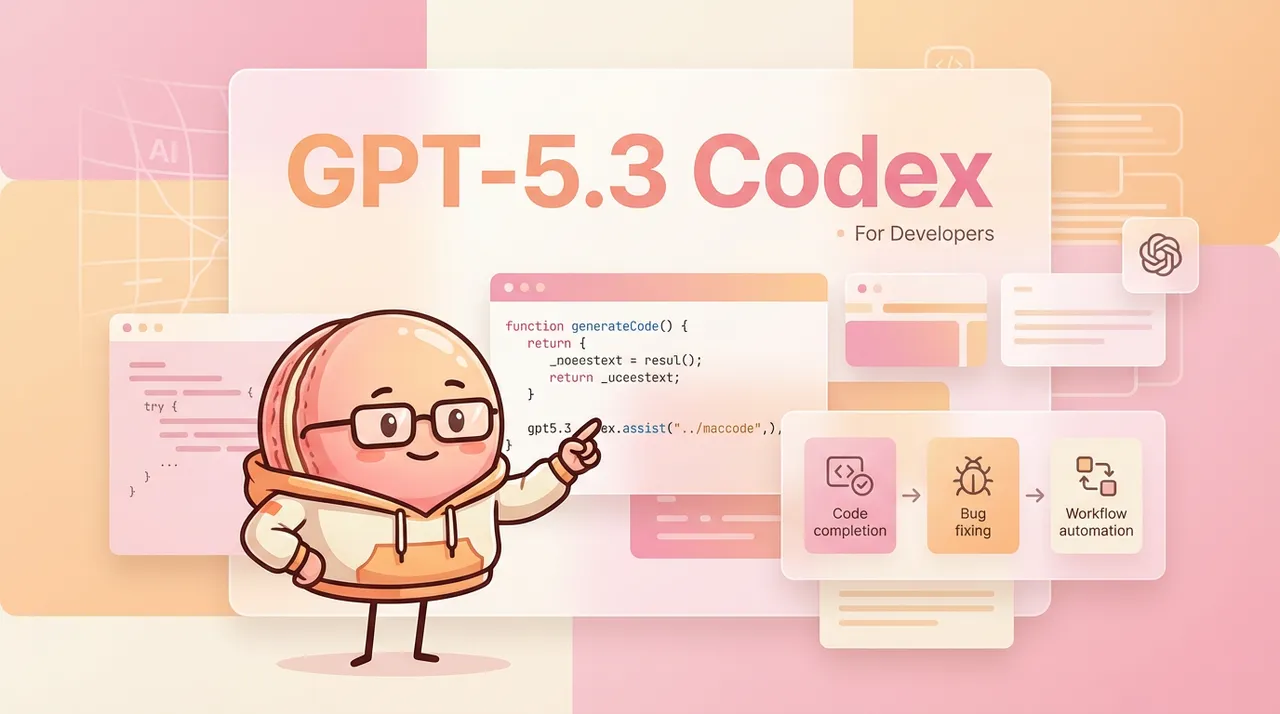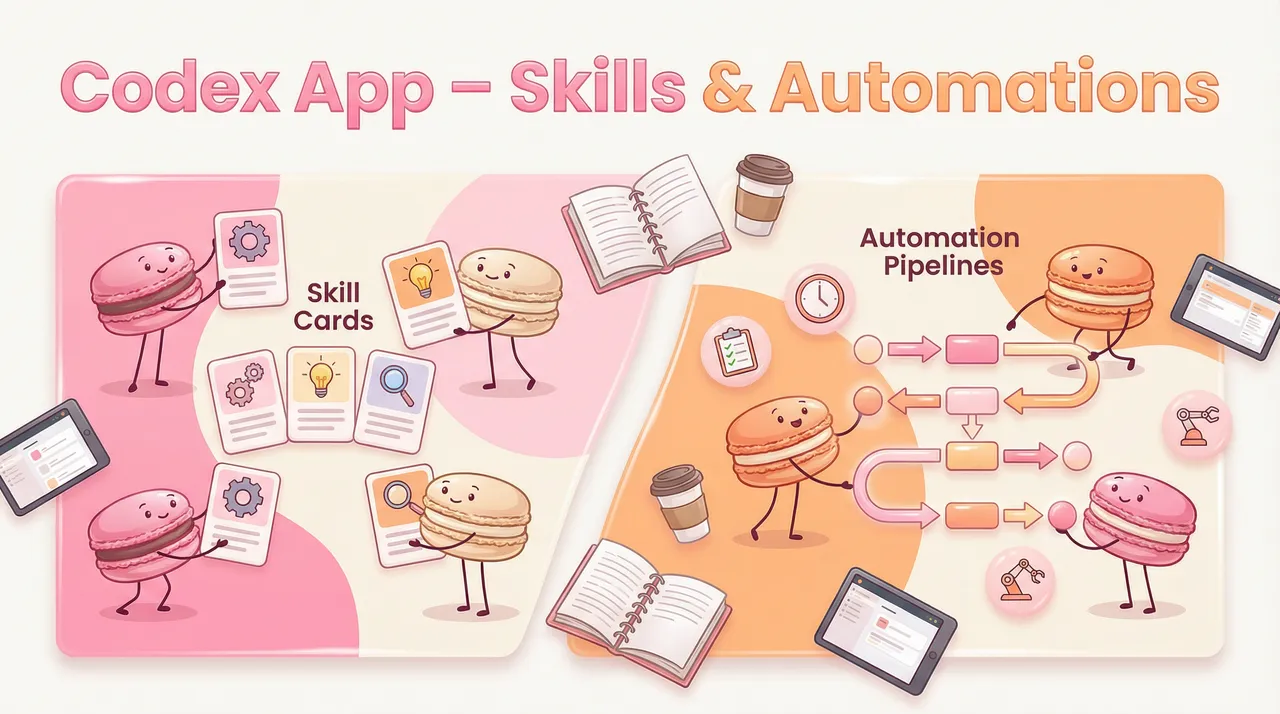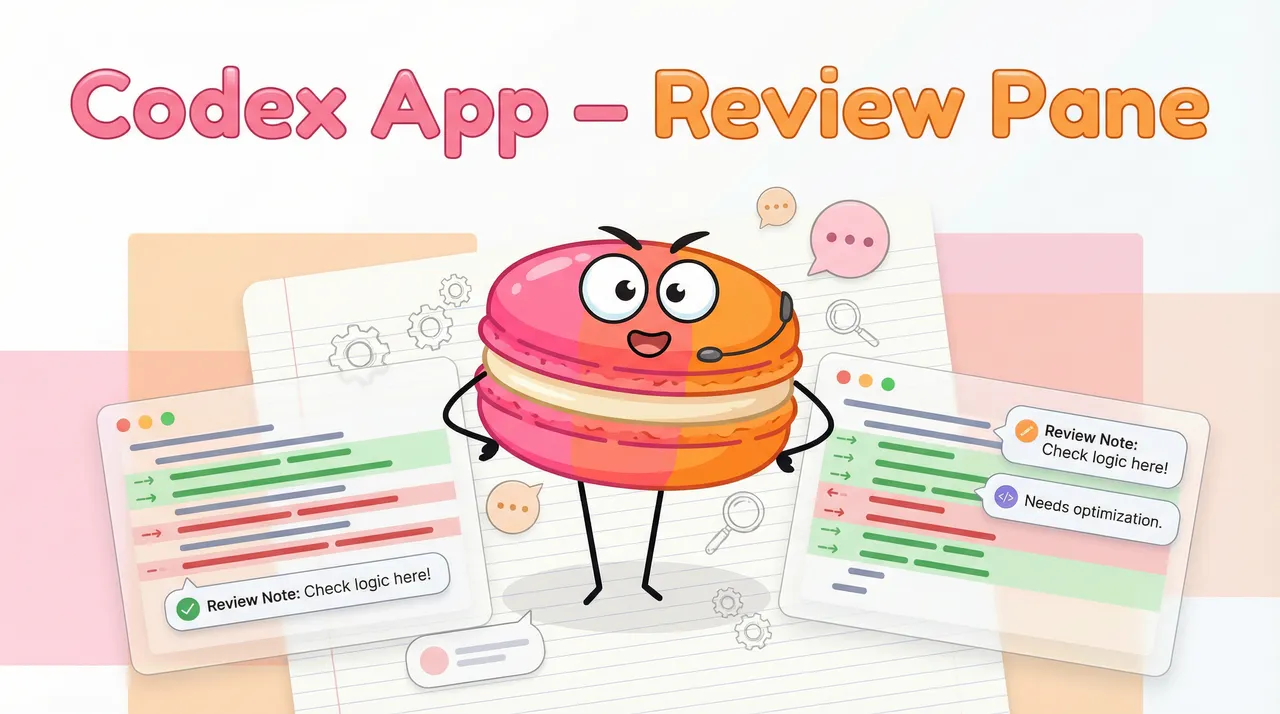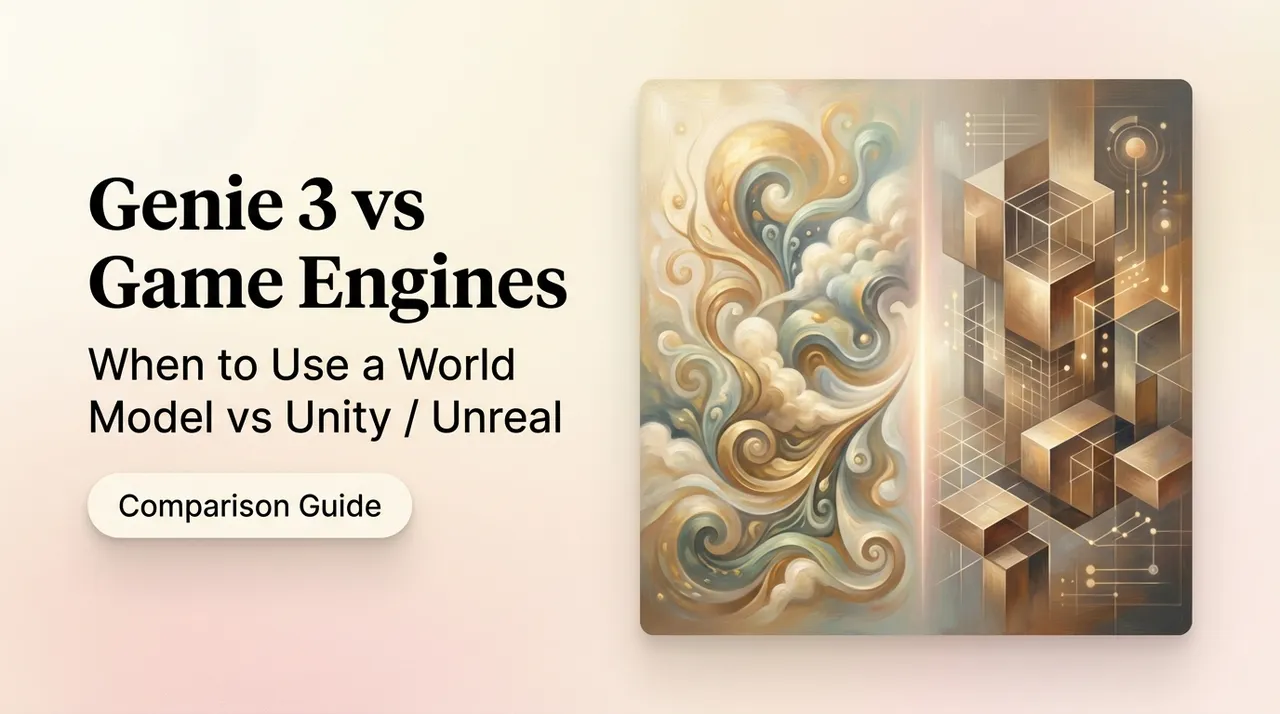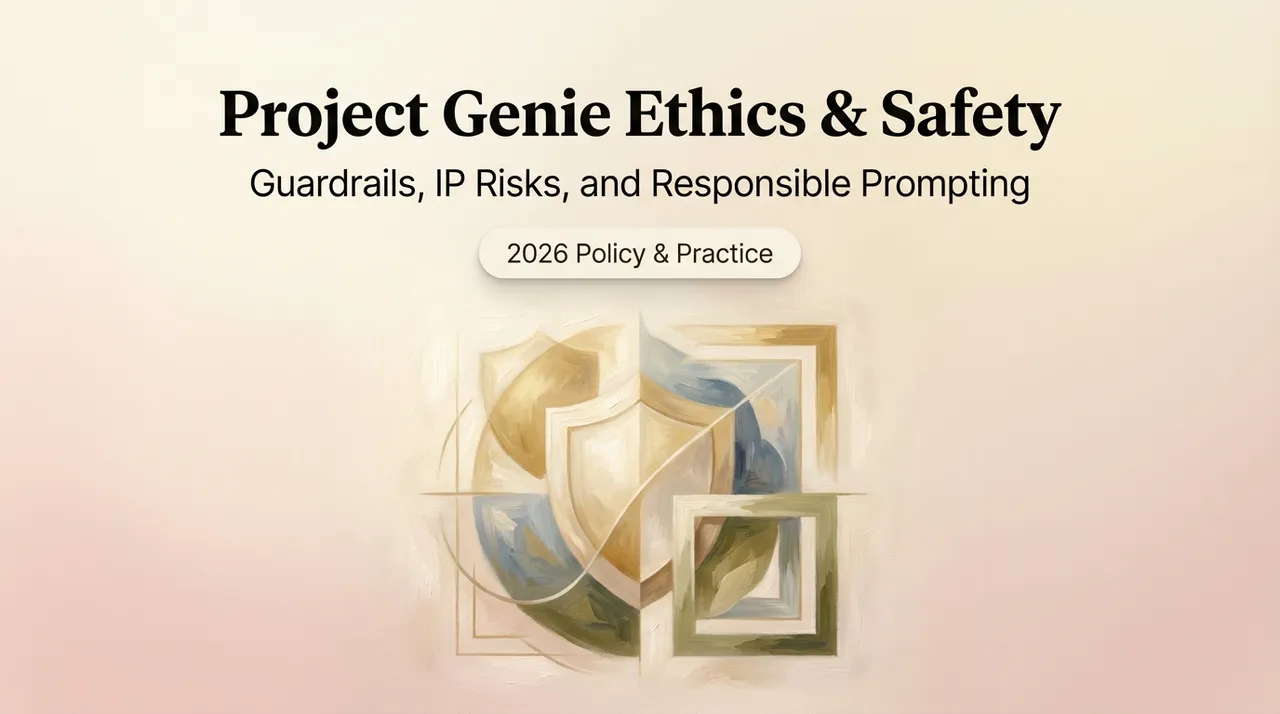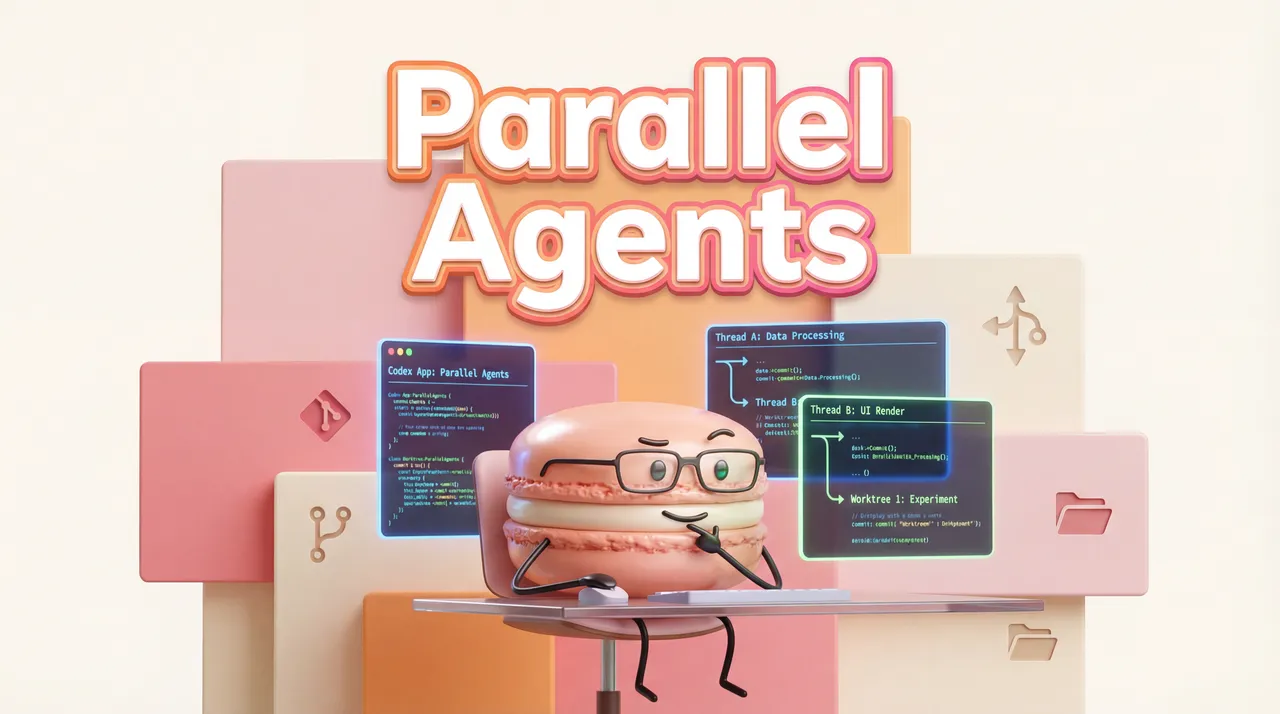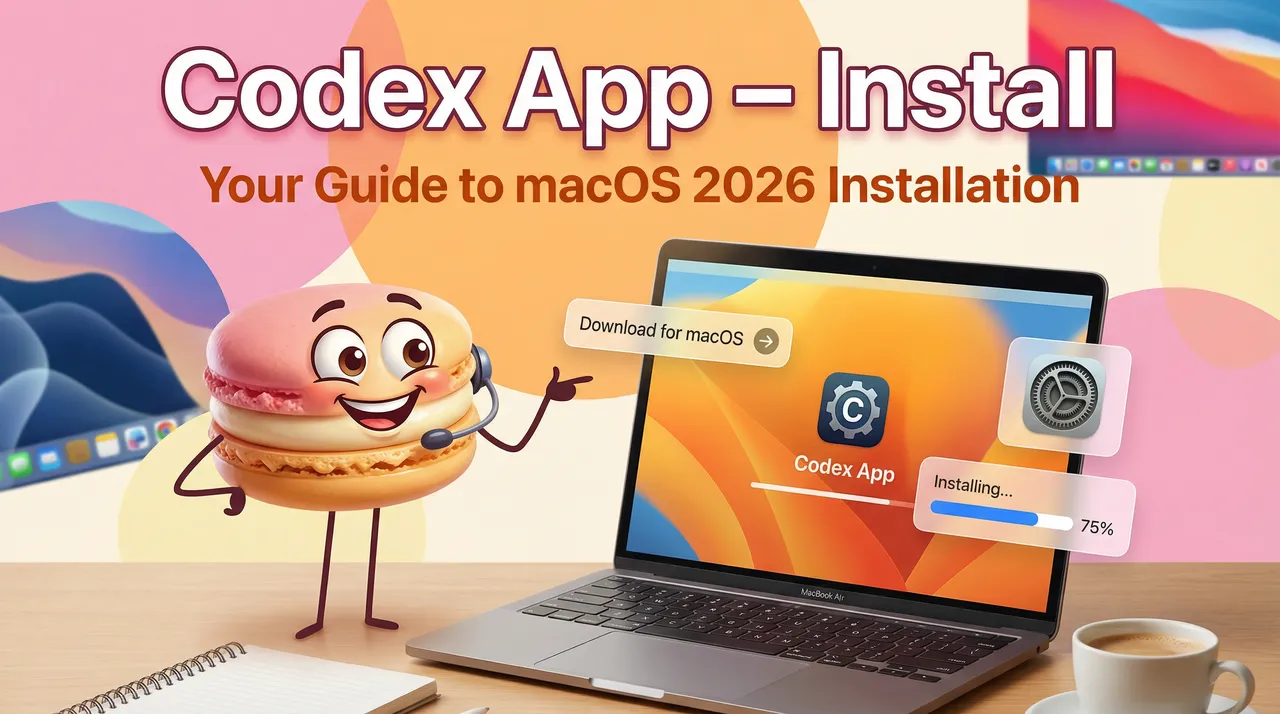Notion AI “Blueprint Agents”: The Rise of Workspace Autonomous Agents
Author: Boxu Li
Notion’s latest AI upgrade has taken the tech world by storm with “blueprint” autonomous agents transforming how we handle busywork. The feature launch shot up the Product Hunt charts and flooded social media with demos of AI-driven workflows. This isn’t just hype – it signals a broader trend of workspace autonomous agents becoming integral to productivity tools. In this deep dive, we’ll explore what Notion’s AI Agents do, why they went viral, how reliable they are in real workflows, and how they stack up against innovations like Macaron’s Playbook mini-app system.
Global market for AI agents is surging, projected to reach $7.6B in 2025 (up from $5.4B in 2024) and a staggering $47B by 2030, reflecting explosive adoption of AI “teammates” in business[3][4].
Established work platforms are racing to integrate AI agents. Notion’s 3.0 release put agents front and center, and competitors like ClickUp (“ClickUp AI Brain”) and Monday.com are adding their own AI copilots for task automation[5][6]. Even enterprise giants are in the mix – Microsoft’s 365 Copilot and Loop components hint at turning Office into an agent-infused workspace. The appeal is clear: offload repetitive busywork to algorithms and free humans for higher-level work. However, to truly revolutionize workflows, these agents must be deeply integrated, context-aware, and trustworthy. Notion’s approach provides a useful blueprint for what’s possible.
Inside Notion’s AI Agents: Your New “Team Member” in Notion 3.0
Notion 3.0 introduced AI Agents that operate inside your Notion workspace, essentially acting like a super-powered coworker who can use Notion just as you would[7][8]. This isn’t a simple writing aid or chatbot – it’s an AI that can take action in the workspace. Anything you can do in Notion, the Agent can do too, from creating pages and databases to editing content and cross-referencing information[7][8]. Here’s a breakdown of its core capabilities:
- Multi-Step Workflow Execution: Notion’s Agent can autonomously carry out complex sequences of tasks for up to ~20 minutes at a time[9]. It maintains context throughout, thanks to a memory architecture using Notion pages/databases as working memory[10]. For example, you might instruct: “Compile customer feedback from Slack, Notion, and email into actionable insights.” The Agent will research across connected sources, synthesize the findings, create a structured Notion database of results, and then notify you when done[11][12]. All of this happens autonomously while you focus elsewhere. It’s like delegating a 20-minute research project and getting the finished output in one go.
- Content Creation and Database Management at Scale: The Agent can generate and organize content across potentially hundreds of pages. It can spin up new pages and databases or mass-edit existing ones in seconds[13][14]. This means you can say, “Build a content calendar database with fields X, Y, Z” and it will create the database with all the proper properties, views, and even initial entries populated[15][16]. It can also update many items at once (e.g. mark all tasks due last week as done, or add a new section to every project page). Such bulk operations would be tedious manually, but the Agent handles them instantly.
- Cross-App Integration (Connectors): The Notion Agent isn’t limited to Notion pages. It can connect to over 70 external apps and data sources like Slack, Google Drive, GitHub, and more[17][18]. Through these AI connectors, the Agent can search your Slack conversations, scan Google Docs, find Figma designs, or pull info from other integrated tools – all within permitted access. This cross-platform awareness allows instructions like “Summarize yesterday’s Slack discussion on Project X and pull the latest design from Figma”. The Agent will fetch and merge info from both Slack and Figma into your Notion page[1][19]. In effect, Notion becomes a central command center for knowledge work, with the AI reaching into other apps on your behalf. (Initial connectors include Slack and Drive, with others like Asana and Jira in the pipeline[20].)
- Personalization and Memory (“Blueprint” Instructions): Here’s where the “blueprint” concept really comes in. You can provide a custom instruction page that serves as the Agent’s operating manual and memory bank[21][22]. In this page, you might describe your team structure, preferred tone/style of writing, how to handle certain tasks, and where to find key information. The Agent will reference this page every time it works, effectively learning your preferences and context. As one early user noted, “It’s like a coworker that’s been around and has genuine context.”[23] Over time, the Agent even updates this memory page with new insights about your needs, continually improving its personalization. You give it a name and even an avatar/accessory for fun[24] – making it feel like a true team member. Notion’s Akshay Kothari (co-founder) explained that unlike generic AI chatbots, this Agent “understands your work and can take action” precisely because it’s grounded in your actual workspace data and custom instructions[8][25].
- Power Under the Hood: To enable these capabilities, Notion 3.0’s Agent uses advanced large language models (LLMs) including OpenAI’s GPT-5 and Anthropic’s Claude v4 (“Claude Sonnet 4”) behind the scenes[26]. Different models are invoked depending on the task – one might be better for creative writing, another for analyzing data[27]. By blending model strengths, the Agent can both chat naturally and perform logical operations. This multi-LLM approach means users don’t have to worry about switching AI tools; Notion picks the best brain for the job automatically.
- Upcoming: Teams of Agents and Triggers: Currently, each user has one personal Agent they can instruct on-demand. But Notion has teased “Custom Agents” that go a step further[28]. Soon you’ll be able to deploy multiple agents specialized for different functions (marketing, project updates, IT triage, etc.) and even set them to run on schedules or triggers autonomously[29]. Imagine one agent that automatically compiles a daily report every morning, and another that monitors an inbox and responds to common requests. This will feel like having an AI team of specialists working in the background 24/7[29]. Notion is already inviting users to sign up for early access to custom multi-agent teams[30]. It’s the next logical step in their blueprint: not just one AI assistant, but an organization’s own fleet of AI coworkers.
Why Notion’s Agentic Workflows Went Viral
When Notion’s AI Agent launched in September 2025, it created a buzz across tech communities. On Product Hunt, Notion 3.0 quickly climbed the top launches list for the day, reflecting the excitement around this feature[31]. But what exactly drove the virality? In short, Notion showcased eye-popping demos that made people feel like the future of work had arrived. Here are a few examples that had everyone talking:
- “Small Team, Big Output” Use-Cases: Many early demos highlighted how a lone user or small team could accomplish work that usually takes an entire department. One viral demo showed an agent handling a social media team’s needs end-to-end: it would auto-generate content ideas, research competitors’ posts, draft the copy, and schedule the content – effectively running a social media calendar for weeks of posts[32]. Another example was an agent acting as a personal project manager: scanning your tasks across tools every morning and sending you a digest, updating status changes, and even nudging teammates for updates. These scenarios give startup teams “enterprise capabilities”, leveling the playing field[33].
- Transforming Unstructured Notes into Deliverables: Users were impressed by how the Agent could take something messy (like raw meeting notes) and turn it into polished outputs. For instance, after a brainstorming meeting, you could instruct: “Draft a project proposal based on these notes, generate a task list with owners and deadlines, and prepare follow-up emails to send out.” The Agent could produce a well-formatted proposal document, populate your task database with items (assigning team members and due dates), and even draft the email updates[34][35]. This showed the potential of going from chaos to clarity in one command – a huge time saver.
- Analytics and Research at Scale: Another demo that resonated was using the Agent for competitive analysis or research synthesis. One user asked the Agent to analyze multiple competitor websites and marketing materials; remarkably, the Agent combed through 286 sources and produced an executive summary of competitor strategies complete with a database of feature comparisons[36]. In another case, someone had the Agent read dozens of user feedback entries and automatically update the company knowledge base, flagging areas that needed improvement. These examples went beyond parlor tricks – they solved real pain points (hours of research) in minutes.
- Agent as Developer’s Assistant: In the dev community, a Medium story made waves claiming “I replaced half my dev tools with Notion Agents.” The author described how juggling Jira tickets, Slack messages, GitHub PRs, and emails was eating his day, until he set up three Agents to automate it[37][38]. One Agent pulled daily ticket updates from Jira and posted them to Slack. Another scanned GitHub and compiled a summary of PRs needing review. A third answered routine status emails using info from Notion. Suddenly, he was spending far less time context-switching. This struck a chord with engineers who often suffer “death by a thousand pings” across tools[38].
All these success stories gave professionals a glimpse of how an AI agent inside Notion could serve as a force-multiplier. Instead of just chatting about work, the Agent was doing the work. The buzz was amplified by Notion’s own positioning: they touted it as “the most advanced knowledge work agent” that understands real team context[25][39]. On Reddit and X (Twitter), users called it a “game-changer” for Notion, saying it “fundamentally transforms what you can do” with the app[40].
Of course, there was some healthy skepticism as well (we’ll get to that next). But the sheer volume of demos and positive reviews created a sense that agentic workflows – where you delegate multi-step tasks to AI – are not just a futuristic idea; they’re here now and actually working. In terms of SEO and buzz, phrases like “Notion AI agent use cases” and “Notion agent workflows” started trending as everyone wanted to see what else they could do with this new power.
Reliability and User Experience: Does It Really Work?
A critical question remains: How reliable are these AI agents in practice? Early adopters have found Notion’s Agent remarkably capable, but not infallible – much like a human assistant. User experience (UX) testing and real-world use have surfaced a few key observations:
- Trust But Verify: Many users advise treating the Agent like a junior employee: you can delegate, but you should review the output[41]. One Redditor cautioned that AI features often feel “surface level” and you must “always check if things got done correctly”[42]. The good news is that Notion’s Agent usually delivers high-quality results – one power user estimated “99% of the time it’s good to go”, requiring only minor tweaks[43]. The Agent tends not to make obviously foolish errors; when it does err, it might miss a subtle detail or misinterpret an ambiguous request. In those cases, a quick review or an undo click fixes things (Notion conveniently lets you undo any AI-made changes if something looks off)[44].
- Accuracy and Limitations: By most accounts, Notion’s Agent is more than a gimmick. A formerly skeptical consultant wrote that while it “makes the occasional mistake,” it’s “pretty accurate for the most part.”[44] This reliability is attributed to the Agent working directly with your actual data rather than a blank slate. It knows your project names, team members, and content – which reduces the hallucinations or irrelevant answers common with generic AI. However, the Agent’s intelligence has bounds. It still struggles if your instructions are very vague or if your underlying data is poor. As one deep-dive review noted, “garbage in, garbage out still applies.”[45] If your Notion workspace is disorganized or missing key info, the Agent can’t magically fix that. It also currently can’t access every external tool (only those with connectors), so there may be gaps in what it can gather[46]. These are not so much flaws as inherent limitations that users need to understand.
- User Interface and UX Design: Using the Notion Agent feels natural to longtime Notion users. The interface is basically an enhanced Notion AI chat panel. You click a friendly agent face icon at the bottom-right of your Notion window (or open the AI sidebar) to summon your agent[47]. This pops up a chat where you can type a request or choose from suggestions like “Summarize this page” or “Create a task tracker.” There’s also a “Personalize” button right there, which lets you open or edit the Agent’s instructions page on the fly[48][49].
Notion’s AI Agent interface appears as a chat panel in the app (dark theme shown). The agent’s avatar (bottom-left) opens the Personalize settings for custom instructions. Users can ask anything in natural language or use quick actions like “Analyze for insights” and “Create a task tracker,” while the Agent taps into all sources (“All sources”) in your workspace and connected apps.
The design emphasizes conversation – you tell the agent your goal in plain English, and it may ask clarifying questions or show intermediate steps as it works. It’s a collaborative UX, akin to chatting with a colleague. For example, if you say “Organize all these pages into a database,” the Agent might respond with a question: “How would you like them categorized?” – allowing you to refine the outcome. Users have noted the UX hits a sweet spot between control and automation: you feel involved without doing the heavy lifting. Notion also smartly included confirmations for destructive actions (the Agent will confirm before bulk-deleting anything, for instance)[50], which adds to user trust.
- Learning Curve: For most basic tasks, the Agent works out-of-the-box with simple prompts. However, getting the best results for complex workflows might require iteration. Users share tips like breaking a big task into sub-tasks for the agent, or explicitly telling the agent how to format the output. The good news is the Agent learns quickly – if you correct it or edit the instruction memory, it adapts next time. Notion also provides a library of example prompts and even an “Agent Playbook” of community-contributed workflows[51], which helps new users see what’s possible and how to phrase requests.
- Performance: In testing, the Agent can indeed work for up to 20 minutes autonomously[9], but typical tasks finish much faster (often in under a couple of minutes). If a task is especially large (e.g. scanning hundreds of pages or integrating data from multiple apps), the Agent may take longer and occasionally might time out or pause for guidance. Notion is likely fine-tuning this balance between letting the AI off the leash and keeping it responsive.
- Cost and Access: Some of the early grumbling was about pricing. Notion’s AI features, including the Agent, require a higher-tier plan. Free and cheap plans only get a limited trial (e.g. 20 AI responses)[52]. The unlimited AI is included in the Business plan (~$20 per user/month)[53]. Teams who already pay for ChatGPT or other AI services felt a bit of sticker shock adding this cost[54][55]. However, many acknowledged that if the Agent saves hours of work, it can justify the price by replacing other tools and subscriptions[56][57]. Still, from a UX perspective, there’s a barrier to entry for full use. Notion did offer some promotions (like startups getting 6 months free)[58], signaling they want users to try it enough to see the value.
Overall, reliability tests so far indicate that Notion’s Agents are robust but not magical. They excel at what they’re designed for – structured knowledge work in your existing workspace – and they require the same oversight you’d give a human delegate. The user experience has been praised for being well-integrated and intuitive, especially compared to using external AI tools. One reviewer who initially said Notion’s AI “wasn’t worth it” did a complete U-turn after Agents launched, stating: “You don’t really need to build within Notion anymore; you just ask Notion to do it for you, and it does.”[59][60] That encapsulates the UX revolution: moving from doing the work manually to overseeing the work done by your AI partner.
Notion vs. Macaron’s Playbook: Two Paths to AI Productivity
How do Notion’s workspace agents compare to other autonomous agent paradigms? A great contrast is Macaron AI, a startup taking a different approach with its “Playbook” of personal mini-apps. Both Notion and Macaron aim to offload tasks to AI, but they are positioned in distinct domains – one for work, one for life.
Macaron’s Playbook showcases AI-generated mini-apps for personal life tasks. From fitness planners to travel journals, users simply describe a need (e.g. “a calorie counter” or “holiday gift guide”) and Macaron instantly creates a custom micro-application to serve that purpose. These dynamic tools populate the user’s Playbook and can be reused or modified on the fly, illustrating Macaron’s life-centric approach to AI agents.
Philosophy and Focus: Notion’s agents are rooted in productivity and knowledge work – essentially helping you work better and faster. In contrast, Macaron pitches itself as an AI to “help you live better.” As Macaron’s creators put it, “Other AI agents help you work. Macaron helps you live better… Your life matters most.”[61] The Macaron AI isn’t just scheduling meetings or drafting memos; it’s equally likely to help you manage your fitness routine, plan a vacation, or even remember to call your family. This life-centered philosophy means Macaron’s agents prioritize personal well-being and holistic assistance, whereas Notion’s agent is laser-focused on your digital workspace and job tasks.
Agent Implementation: Notion gives you one versatile agent (for now) that lives inside the Notion app and leverages the app’s building blocks. Macaron, on the other hand, introduces the concept of dynamic mini-apps in a personal Playbook[62][63]. If Notion’s agent is like a super-employee, Macaron is like having a personal app developer at your beck and call. Tell Macaron what you need – “I want a habit tracker for exercise” or “I need a budget planner for my trip” – and it will generate a tailor-made mini-application for you on the spot[62][63]. These mini-apps come with UIs, forms, and logic targeted to that task, and they live in your Macaron Playbook for reuse. Notion’s agent doesn’t create new apps; it works within the Notion interface. For example, a Notion agent would make a workout database page in Notion itself, whereas Macaron might spawn a dedicated fitness tracker applet with a custom interface. Both approaches leverage AI generation, but Macaron’s is more app-generative, while Notion’s is content and action-generative inside an existing app.
Memory and Personalization: Both systems value long-term memory, but implement it differently. Notion’s agent can be personalized with an instruction page about your work context, and it inherently has access to all the content in your workspace (which might include some personal pages, but it’s primarily work data). Macaron goes all-in on “Personalized Deep Memory” – it continuously learns your preferences, habits, and even emotional cues across all your interactions[64][65]. Macaron’s AI remembers that your cat’s name is Tequila and will proactively ask about your pet[65]; it will recall you struggled with morning workouts and encourage you the next week. This persistence aims to make Macaron feel “like an evolving digital companion” over months and years[66][67]. Notion’s agent, being work-oriented, remembers project facts and task details rather than sentimental or personal context. It’s more like an efficient colleague, whereas Macaron tries to be a caring friend.
Shared vs. Personal Agents: Notion is built for teams – the agent can eventually be a shared team resource (once custom agents roll out) and it acts on shared data. Macaron is a single-user personal agent; its Playbook tools revolve around your individual life (though conceivably it could be used by family groups or such). This means Notion’s agent is great for collaboration (updating company-wide docs, summarizing team chats) while Macaron is optimized for an audience of one (helping you meet personal goals or manage household tasks). For example, Notion’s agent might prepare a quarterly business review report for your team, pulling data from Salesforce; Macaron might prepare a “holiday gift guide” mini-app for you to organize family gifts【42†look 0 112 512】. Different spheres, different agent behaviors.
In summary, Notion and Macaron represent two complementary directions in the rise of AI agents. Notion’s “blueprint agents” automate the workplace – handling knowledge, documents, and workflows in an office setting. Macaron’s Playbook agents automate daily life – creating bespoke apps to enrich personal routines and wellbeing. Both share the underlying concept that AI can take on tasks autonomously, but they’re each perfectly positioned in their own niche. Notion leverages its huge user base in project management and documentation, adding AI to become the ultimate work hub. Macaron starts with a clean slate to reimagine what a deeply personal AI assistant can do when it’s not constrained by a single app’s structure. As AI agents proliferate, we can expect to see more such specialization. The workspace agent and the lifestyle agent might evolve in parallel – and who knows, perhaps eventually converge.
Conclusion: The New Blueprint for Productivity
The advent of Notion’s AI Agents in 2025 marks a turning point for how we conceive of productivity software. Instead of just providing tools for humans to manually use, platforms are now providing AI teammates that actively participate in doing the work. Notion’s implementation serves as a blueprint: it shows that with the right integration (deep context, the ability to take actions, and user-guided “memory”), an AI agent can move from gimmick to game-changer. The explosion of interest – hitting top ranks on Product Hunt, spawning countless use-case videos, and prompting both enthusiasm and debate – underscores that people are eager for practical autonomous agents that deliver real value.
Of course, this is just the beginning. We’re still in early days of figuring out the workflows, boundaries, and best practices for working alongside AI agents. Reliability will steadily improve as the models get smarter and as software makers learn from user feedback. Evaluation metrics for agent success might become part of workplace KPIs in the future (did our AI agents save us 100 hours this quarter? Did they increase content quality or sales leads?). There will also be new challenges – from ensuring data privacy when agents access many tools, to preventing errors or “AI-governance” issues when agents execute business-critical tasks.
What’s clear, however, is that the genie is out of the bottle. The rise of workspace autonomous agents is poised to continue, with Notion setting a high bar that others will follow. As one report noted, the global AI agent market is on a steep growth trajectory, projected to nearly double year-over-year and reach tens of billions of dollars within a few years[3]. Every productivity platform will need an agent strategy, or risk feeling outdated.
For users, the immediate takeaway is empowering: you can start delegating the drudgery. Instead of clicking through dashboards and updating status fields, you can tell Notion’s agent to handle it. Instead of sifting through docs for insights, ask the agent questions and get analysis in seconds. It’s a shift in mindset – from doing the task to supervising the task done by AI. Those who adapt to effectively “manage” their AI agents will likely see huge efficiency gains.
And beyond work, as Macaron shows, agents will care about our personal lives too. We might each end up with a constellation of agents – one that plans our work projects, one that monitors our health goals, another that manages our finances – all coordinated to make life smoother. The concept of “blueprint agents” hints that we, the users, will design the roles and rules for our AI helpers (much like writing a blueprint or SOP for a new team member).
In conclusion, Notion’s AI Blueprint Agents demonstrate the perfect positioning of AI within a workspace: embedded, context-aware, and action-oriented. They are a milestone in the rise of autonomous agents at work. As this technology matures, expect your notion of “busywork” to fundamentally change. Just as we can’t imagine work before the internet or smartphones now, a few years down the line we may not imagine working without our AI agents handling the busywork. The blueprint for the future of productivity is being drawn today – and it’s being drawn by our AI colleagues, at our direction.
Sources:
· Notion Blog – “Introducing Notion 3.0” (Akshay Kothari’s announcement of Agents)[7][9]
· Notion Help Center – “Get started with your Notion Agent” (feature guide for using Agents)[47][15]
· TheCrunch.io – “13 Critical Notion AI Agent Use Cases” (overview of Notion 3.0 capabilities & examples)[68][36]
· Reddit r/Notion – User discussions on Notion AI Agents’ effectiveness and pricing[41][40]
· CJ Wray Blog – “Notion AI Agents: My Complete U-Turn” (first-hand experience after using Agents)[59][44]
· Gmelius Blog – “Notion AI Agents Review: Is Notion 3.0 AI Worth It?” (analysis of features, market impact, and early feedback)[53][54]
· Warmly.ai – “35+ Powerful AI Agents Statistics (2025)” (market growth statistics for AI agents)[3][4]
· Macaron Blog – “Best Personal AI Agent Platform for 2025 – Macaron” (explains Macaron’s Playbook and philosophy)[61][62]
· Macaron Blog – “How Macaron’s AI Adapts to Every User” (details on deep memory and personal focus)[69][65]
· Simone Smerilli – “Notion AI Agent Deep Dive” (in-depth exploration of Notion Agent’s technical workings and limitations)[45][46]
[1] [5] [6] [18] [19] [20] [26] [27] [52] [53] [54] [55] [56] [57] Notion AI Agents Review: Is Notion 3.0 AI Worth It? | AI Assistants | Gmelius
https://gmelius.com/blog/notion-ai-agents-review
[2] [61] [62] [63] [64] [65] [66] [67] [69] Best Personal AI Agent Platform for 2025 - Macaron
https://macaron.im/blog/best-ai-agent-platform-2025
[3] [4] 35+ Powerful AI Agents Statistics: Adoption & Insights [November 2025]
https://www.warmly.ai/p/blog/ai-agents-statistics
[7] [8] [9] [11] [24] [25] [28] [29] [30] [34] [35] [39] [51] Introducing Notion 3.0
https://www.notion.com/blog/introducing-notion-3-0?ref=producthunt
[10] [12] [13] [14] [17] [21] [22] [23] [36] [68] 13 Critical Notion AI Agent Use Cases You Can't Afford to Ignore
https://thecrunch.io/notion-ai-agent/
[15] [16] [47] [50] Get started with your Notion Agent
https://www.notion.com/help/guides/get-started-with-your-personal-agent-in-notion
[31] Notion 3.0: You assign the tasks. Your Agents do the work. | Product Hunt
https://www.producthunt.com/products/notion-mail
[32] [33] [40] [41] [42] [43] Notion 3.0 AI Agents just changed everything for social media teams! : r/Notion
https://www.reddit.com/r/Notion/comments/1nkqcz0/notion_30_ai_agents_just_changed_everything_for/
[37] [38] I Replaced Half My Dev Tools with Notion Agents And It Actually Worked | by The Latency Gambler | Oct, 2025 | Medium
[44] [59] [60] Notion AI Agents - My Complete U-Turn
https://cjwray.com/notion-ai-agents-my-complete-u-turn/

